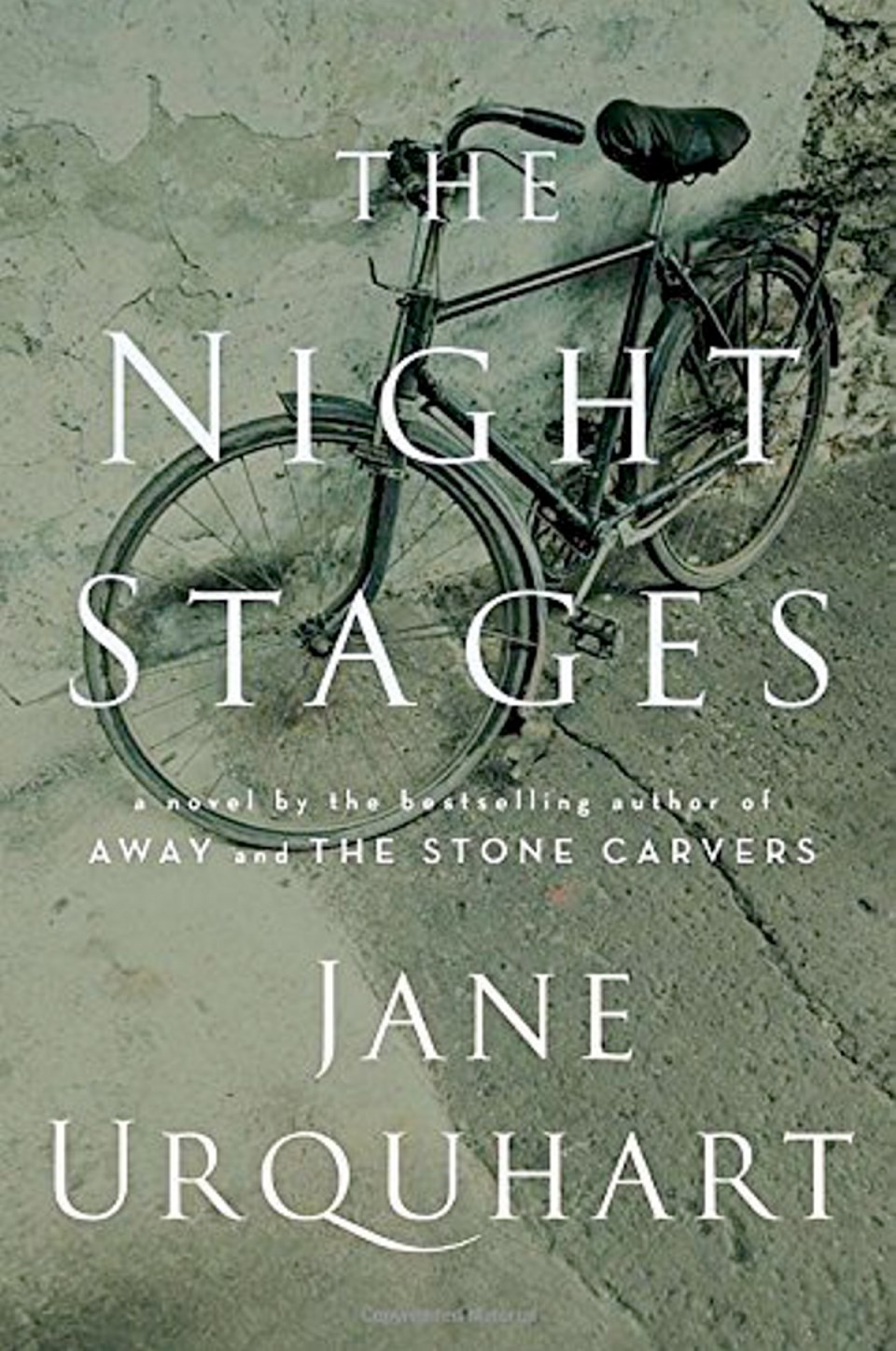 She’s renowned as a writer, not a painter. Nonetheless, Canadian novelist Jane Urquhart says visual imagery defines her artistic world.
She’s renowned as a writer, not a painter. Nonetheless, Canadian novelist Jane Urquhart says visual imagery defines her artistic world.
Urquhart visits Bolen Books Tuesday for a reading and signing. The free event, beginning at 7 p.m., promotes her new novel The Night Stages.
Painters and painting loom large in the life of Urquhart, one of Canada’s most acclaimed novelists. She studied art history at university. As a young woman, she married artist Paul Keele, who died in a car accident in 1973. Her husband since 1976 has been Tony Urquhart, a well-known painter.
Her 1997 novel The Underpainter is about a painter. One of the main characters in Urquhart’s 2005 novel A Map of Glass is a painter. And The Night Stages is partly about the late Canadian artist Kenneth Lochhead, who was a close friend.
While Urquhart isn’t known for conventional plotlines (“None of her novels … could be made easily into a movie,” wrote a journalist recently), she is a master of poetic imagery.
Here’s a description of fog from The Night Stages: “This murkiness appears to be made of vapour, or even liquid, and the absence of light. … This fog looks the way miasma sounds: clotted, sticky, as it if might cling to the skin.”
Interviewed from her home in Colborne, Ont., Urquhart said: “I do think in visual terms. I visualize constantly when I’m writing. I leave the room and go to wherever it is I happen to be writing about. If it’s Kerry, then I’m in Kerry. It’s very cinematic.”
She’s particularly interested in how readers of fiction conjure up different mental pictures, depending on the person.
“In a visual sense, hardly anybody reads the same book. Someone at the back of an airplane reading the same book doesn’t visualize Aunt Alice’s kitchen the same way you do. This is huge in writing. I think, in a way, writing is almost a visual act,” Urquhart said this week.
The Night Stages tells of an English woman, Tam, who lives in County Kerry, Ireland. Her husband has drowned and she’s having an affair with a married man. Later, she finds herself fog-bound (hence the description above) at Gander Airport, Newfoundland. Stranded for three days, Tam has time to ponder a giant mural created by Kenneth Lochhead.
There is, in fact, such a mural at Gander Airport. Painted by Lochhead in the late 1950s, Flights and Its Allegories is 22 metres wide and three metres high. Urquhart says the colourful work was painted in egg tempura, an ancient and painstaking method that required 5,000 eggs.
In The Night Stages, Lochhead is mocked by a pretentious New York art critic for using a technique he believes is passé. “You’re not seriously breaking eggs!” he says.
“Messing around with yolks and pigment … It’s a supreme waste of time and effort.”
Urquhart says she loves the fact that Lochhead, then a young man, painted his masterpiece using such a laborious process. One senses that Urquhart, a thoughtful novelist, writes in a similar non-hurried manner, choosing each word with great care.
One of her most celebrated novels is The Stone Carvers (2001), a global bestseller that was a finalist for the Giller Prize and the Governor General’s Award. Urquhart’s recognition is truly international. She won France’s Best Foreign Book Award and was a finalist for both the International IMPAC Dublin Literary Award and the Commonwealth Writers’ Prize.
Now 65, Urquhart says she’s reached a liberating stage where her chief concern is to please herself. She joked: “I didn’t think at all until the later drafts [of The Night Stages] about the reader. I was utterly selfish, I guess, is the real truth. I wanted to make sure whatever went into this book was truly, truly something I cared deeply about.”
Urquhart said she’s always regarded writing as a vocation rather than a career. There is a difference.
“[It’s a vocation] as opposed to the side that pays attention to who’s on what prize list and who’s top dog and all that,” Urquhart said.
“The compelling part of being a writer is having this crazy vocation. And it means you write, regardless. It means you take it when it’s good and embrace it. And you have to be able to know you’re still a writer, even if things are not going as well as you hoped on the outside world.”



